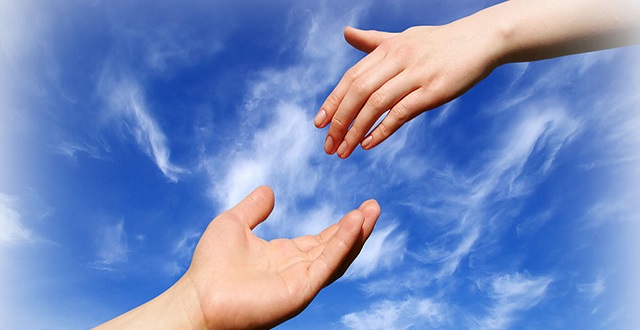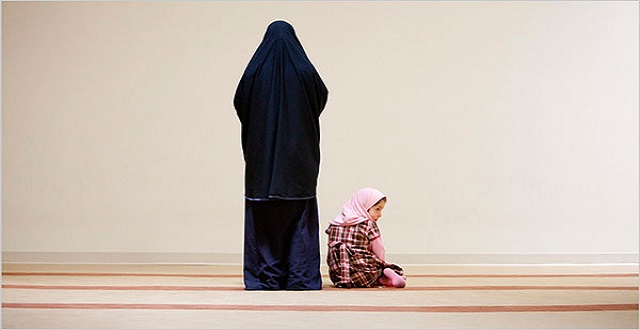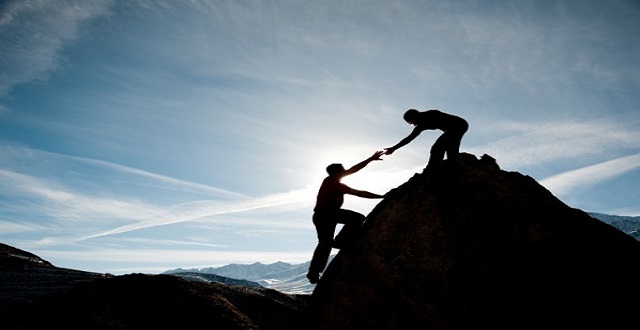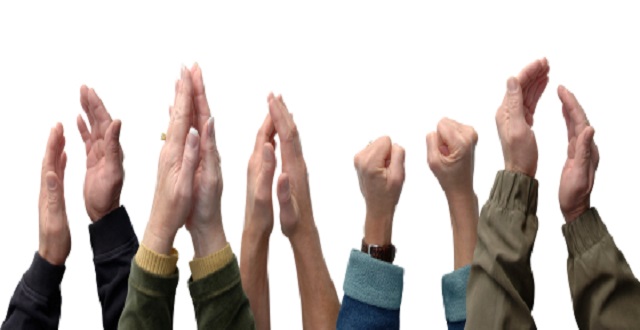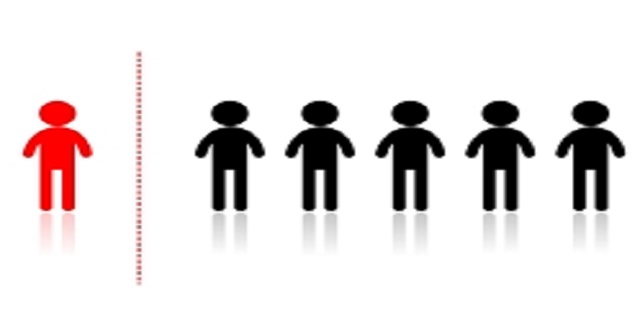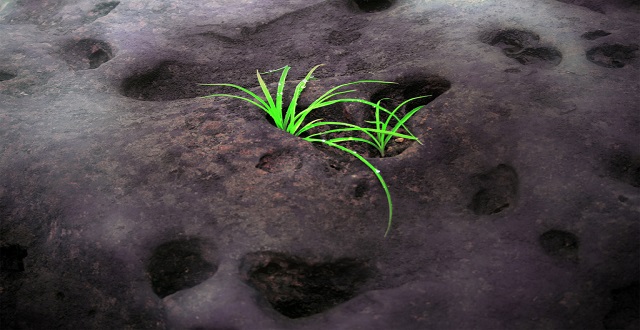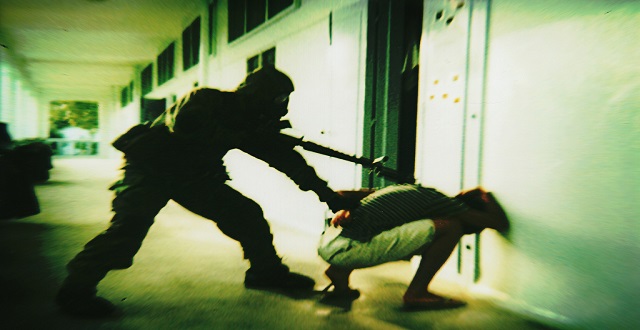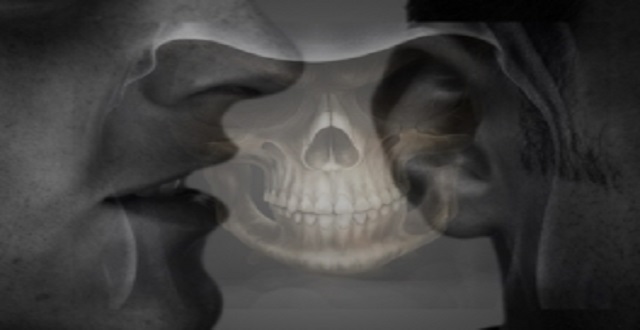Three basic social principles
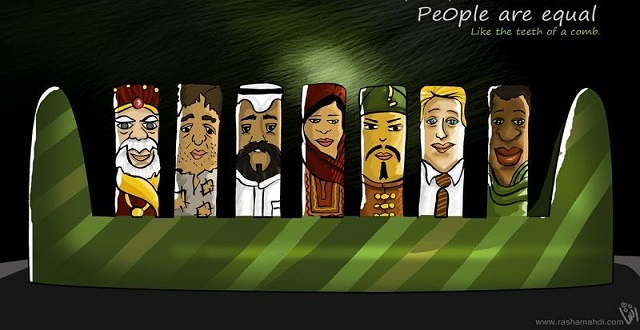
Imam As-Sadiq (a.s.) said:
اَلنّاسُ سَوَاءٌ كَأَسْنانِ الْمِشْطِ وَ الْمَرْءُ كَثِيرٌ بِأَخِيْهِ وَ لا خَيْرَ فِى صُحْبَةِ مَنْ لَمْ يَرَ لَكَ مِثْلَ الَّذِى يَرَى لِنَفْسِهِ
Translation
People are equal (in social rights) with each other like the teeth of a comb! An individual becomes a great society together with his (religious) brothers. It is not right to associate with one who does not wish for you whatever he wishes for himself.1
Brief Description
Three basic social principles are mentioned in the above tradition.
First, equal rights and justice for everyone irrespective of their color, race, language and social status.
Second, the relationship of an individual with the society and the society with an individual. Each individual counts and in co-operation with his brothers forms a great community.
Lastly, the necessity of respecting the others’ interests as one’s own interests as the basic element of true friendship and companionship. A society devoid of these three principles is neither an Islamic nor a humanitarian society.[divider]
• 1. Tuhaful Uqul, page 274.

